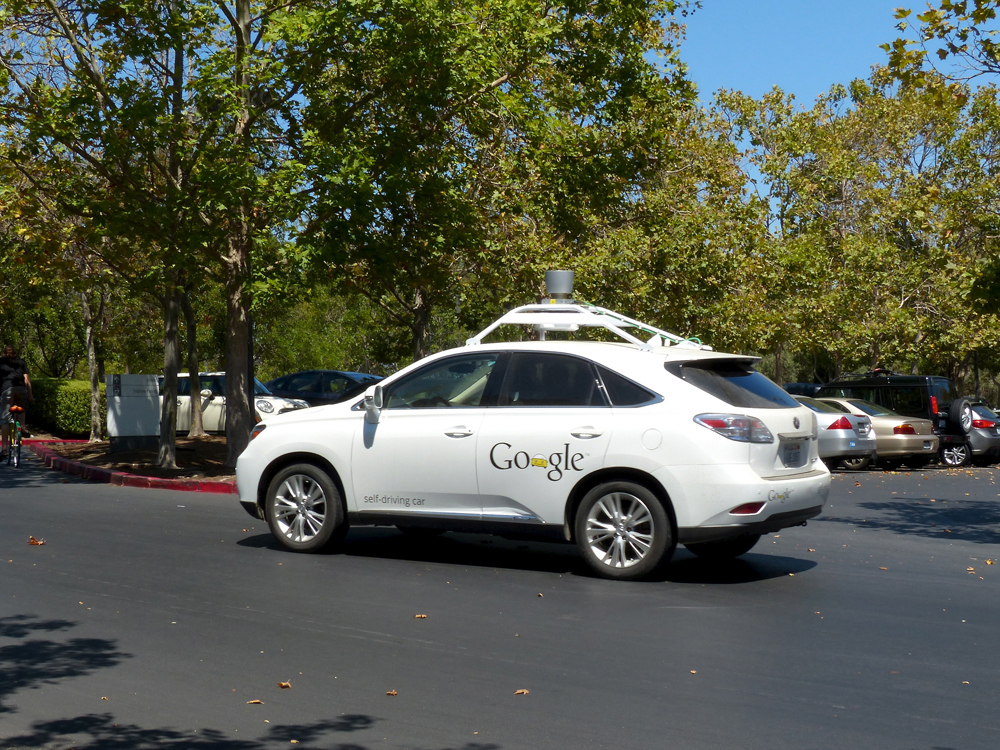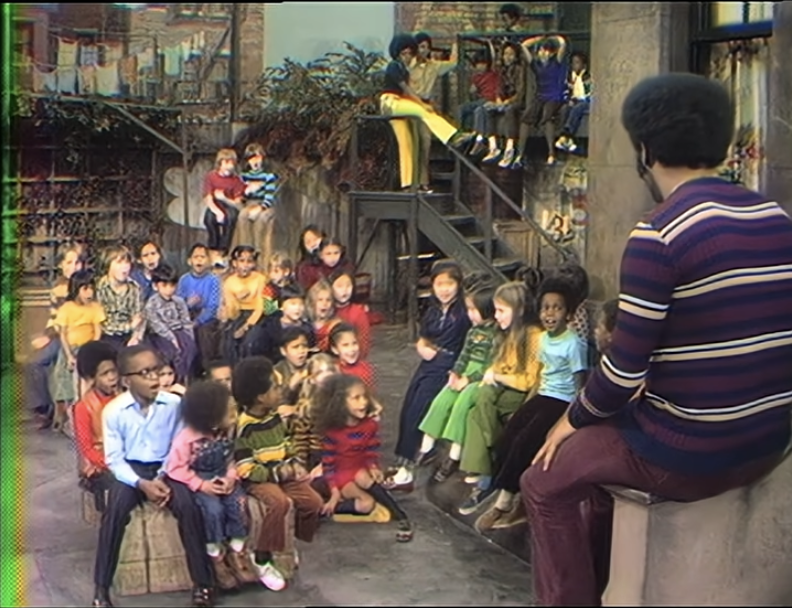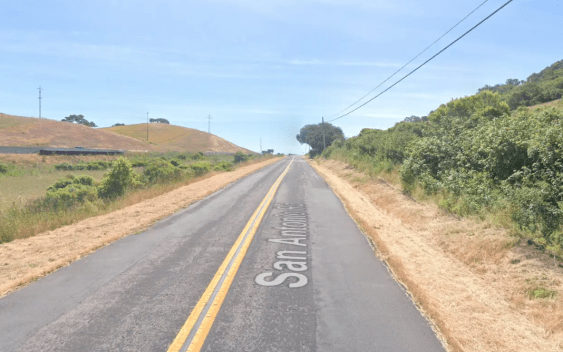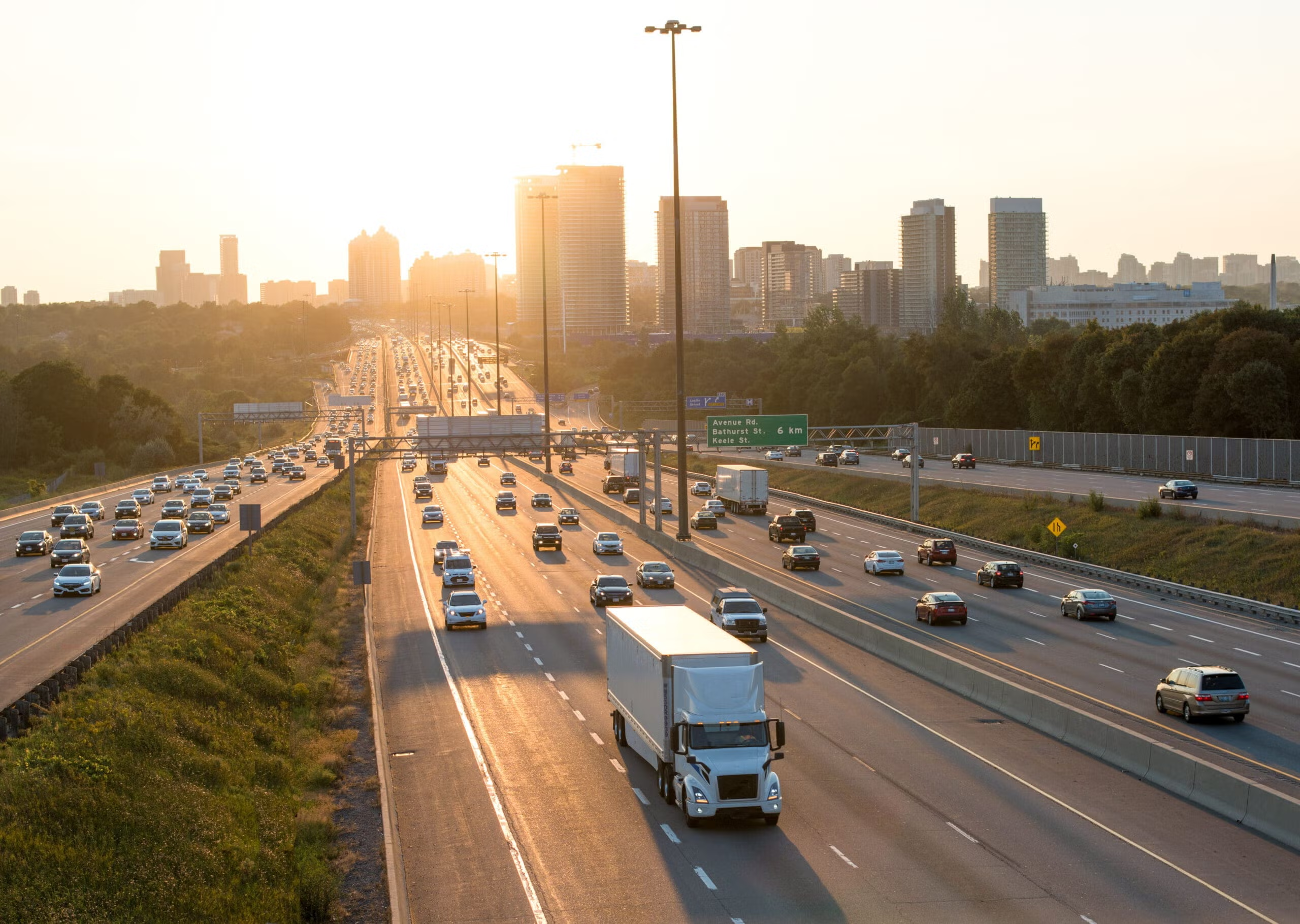Until October 25, the public has a chance to weigh in on proposed rules for testing and using self-driving cars on California roads. California already has rules for testing autonomous vehicles, and currently there are 42 automakers that have obtained permits to test 285 vehicles. But all of those have drivers in them; the new regulations will apply to driverless cars. They will not apply to autonomous heavy-duty vehicles like trucks and buses.
The proposed state guidelines defer to the federal government as having ultimate responsibility for vehicle safety, and the first step for those who wish to test autonomous vehicles is to certify them through federal regulators. However, Congress is in the middle of trying to figure out what its rules should be, and so far federal certification is proposed to be a self-reporting process without an independent safety review.
The proposed federal rules also restrict local governments from passing or enforcing any laws that are an “unreasonable restriction on the design, construction, or performance” of an automated vehicle.
Transportation4America called that a “giveaway to the auto industry” because it “strips states and local governments of the authority to manage the vehicles on their roadways and leaves them without the tools to deal with problems already arising during the testing and deployment of automated vehicles.”
Transportation for America is concerned that the federal rule-making process has been rushed and opaque, and the DMV's quick turnaround on these proposed regulations seems a bit rushed as well. The DMV hopes to enact regulations by mid-2018.
Congress, wrote T4America in a statement,
is not listening to nor addressing the concerns expressed by city and state leaders who are ultimately responsible for the roads where these vehicles will operate. The preemption language in this bill challenges their ability to regulate their own roads and, without requirements to share any data on their operations, creates a climate of secrecy around AV testing or deployment. This approach is unlikely to win the public trust, which will be necessary to successfully bring these vehicles to market.
Consumer Watchdog is another group that is concerned about the reliance on federal safety standards. Compliance is voluntary, and California's deferring to the federal rules will weaken safety protections for people using roads. The nonprofit consumer group urged California regulators to write stronger regulations.
John M. Simpson of Consumer Watchdog wrote:
Under the Trump Administration approach, automakers can glance at the NHTSA policy and say, ‘that’s nice,’ and then do whatever they want as they use our roads as private laboratories and threaten highway safety. The DMV’s current self-driving car test regulations set a standard for the nation; it’s imperative that California continue to protect us when the feds won’t do their job.
The group also supports a provision in the proposed rules that prohibits manufacturers from exaggerating their cars' self-driving capabilities in advertising and at the sales point. “That’s what Tesla did with its so called ‘Autopilot’ and people got killed,” said Simpson. “When companies like Tesla and CEO Elon Musk refuse to act responsibly, the law needs to hold them to account.”
More information about the DMV process is available here. Comments on the proposed regulations can be submitted by email to LADRegulations [at] dmv.ca.gov until October 25.
Note: GJEL Accident Attorneys regularly sponsors coverage on Streetsblog San Francisco and Streetsblog California. Unless noted in the story, GJEL Accident Attorneys is not consulted for the content or editorial direction of the sponsored content.






